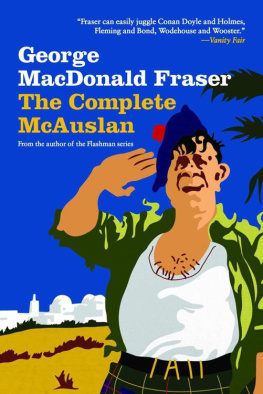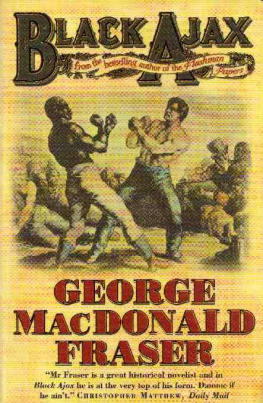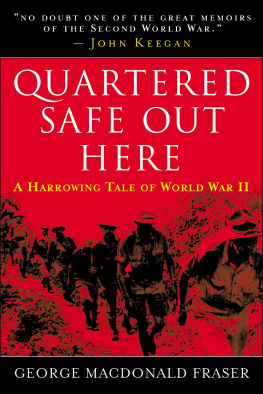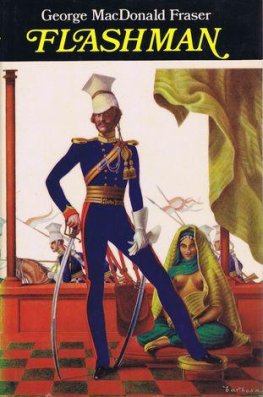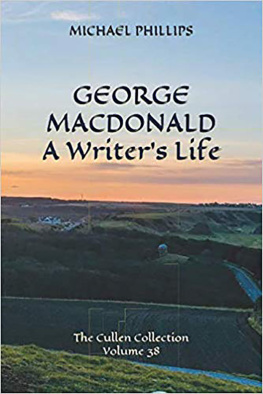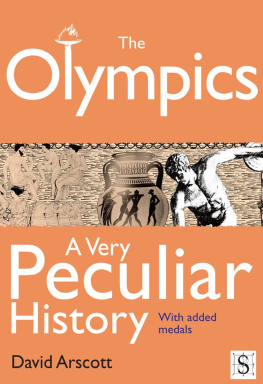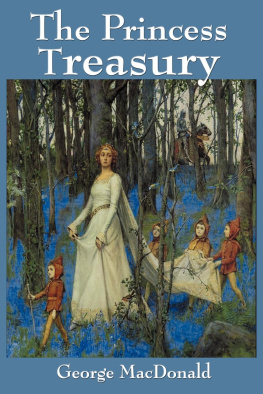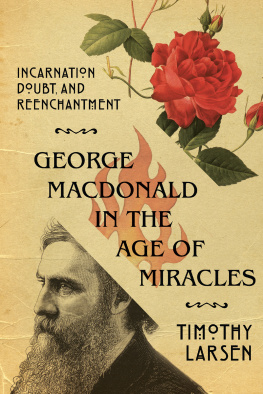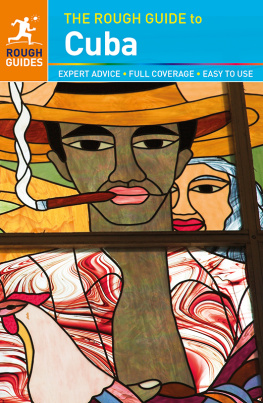
Complete McAuslan
George MacDonald Fraser
Copyright 2009 by Skyhorse Publishing, Inc.
All Rights Reserved. No part of this book may be reproduced in any manner without the express written consent of the publisher, except in the case of brief excerpts in critical reviews or articles. All inquiries should be addressed to Skyhorse Publishing, 555 Eighth Avenue, Suite 903, New York, NY 10018.
Skyhorse Publishing books may be purchased in bulk at special discounts for sales promotion, corporate gifts, fund-raising, or educational purposes. Special editions can also be created to specifications. For details, contact the Special Sales Department, Skyhorse Publishing, 555 Eighth Avenue, Suite 903, New York, NY 10018 or info@skyhorsepublishing.com.
www.skyhorsepublishing.com
10 9 8 7 6 5 4 3 2 1
Library of Congress Cataloging-in-Publication Data is available on file.
9781602396562
Printed in the United States of America
Table of Contents
FOR MY FATHER
THE GENERAL DANCED AT DAWN
Monsoon Selection Board
Our coal-bunker is old, and it stands beneath an ivy hedge, so that when I go to it in wet weather, I catch the combined smells of damp earth and decaying vegetation. And I can close my eyes and be thousands of miles away, up to my middle in a monsoon ditch in India, with my face pressed against the tall slats of a bamboo fence, and Martin-Duggan standing on my shoulders, swearing at me while the rain pelts down and soaks us. And all around there is mud, and mud, and more mud, until I quit dreaming and come back to the mundane business of getting a shovelful of coal for the sitting-room fire.
It is fifty years and more since I was in India. My battalion was down on the Sittang Bend, trying to stop the remnants of the Japanese Army escaping eastwards out of Burma why we had to do this no one really understood, because the consensus of opinion was that the sooner Jap escaped the better, and good luck to him. Anyway, the war was nearly over, and one lance-corporal more or less on the battalion strength didnt make much difference, so they sent me out of the line to see if a War Office Selection Board would adjudge me fit to be commissioned.
I flew out and presented myself to the board, bush-hat on head, beard on chin, kukri on hip, all in sweaty jungle green and as tough as a buttered muffin. Frankly, I had few hopes of being passed. I had been to a board once before, back in England, and had fallen foul of a psychiatrist, a mean-looking little man who bit his nails and asked me if I had an adventurous spirit. (War Office Selection Boards were always asking questions like that.) Of course, I told him I was as adventurous as all get-out, and he helped himself to another piece of nail and said cunningly:
Then why dont you sign on to sail on a Norwegian whaler?
This, in the middle of the war, mark you, to a conscript. So, thinking he was being funny, I replied with equal cunning that I didnt speak Norwegian, ha-ha. He just loved that; anyway, I didnt pass.
So I flew out of Burma without illusions. This particular board had a tough reputation; last time, the rumour went, they had passed only three candidates out of thirty. I looked round at my fellow applicants, most of whom had at least three stripes and seemed to be full of confidence, initiative, leadership, and flannel qualities that Selection Boards lap up like gravy and decided that whoever was successful this time it wasnt going to be me. There were two other Fourteenth Army infantrymen, Martin-Duggan and Hayhurst, and the three of us, being rabble, naturally drifted together.
I should explain about Selection Boards. They lasted about three days, during which time the candidates were put through a series of written and practical tests, and the Board officers just watched and made notes. Then there were interviews and discussions, and all the time you were being assessed and graded, and at the finish you were told whether you were in or out. If in, you went to an Officer Cadet Training Unit where they trained you for six months and then gave you your commission; if out, back to your unit.
But the thing that was universally agreed was that there was no known way of ensuring success before a Selection Board. There were no standard right answers to their questions, because their methods were all supposed to be deeply psychological. The general view throughout the Army was that they werent fit to select bus conductors, let alone officers, but that is by the way.
One of the most unpleasant features of a Selection Board was that you were on test literally all the time. At meal times, for instance, there was an examining officer at each table of about six candidates, so we all drank our soup with exaggerated care, offered each other the salt with ponderous politeness, and talked on a plane so lofty that by comparison a conversation in the Athenaeum Club would have sounded like an argument in a gin-mill. And all the time our examiner, a smooth, beady gentleman, kept an eye on us and weighed us up while pretending to be a boon companion.
It wasnt too easy for him, for at our second meal I displayed such zeal in offering him a bottle of sauce that I put it in his lap. I saw my chances fading from that moment, and by the time we fell in outside for our first practical test my nerves were in rags.
It was one of those idiotic problems where six of you are given a log, representing a big gun-barrel, and have to get it across a river with the aid of a few ropes and poles. No one is put in command; you just have to co-operate, and the examiners hover around to see who displays most initiative, leadership, ingenuity, and what-have-you. The result is that everyone starts in at once telling the rest what to do. I had been there before, so I let them argue and tried to impress the Board by being practical. I cleverly tied a rope round the log, and barked a sharp command to Martin-Duggan and Hayhurst. They tugged on the rope and the whole damned thing went into the river. At this there was a deadly silence broken only by the audible scribbling of the examiners, and then the three of us sheepishly climbed down the bank to begin salvage operations.
This set the tone of our whole performance in the tests. Given a bell tent to erect we reduced it to a wreck of cord and canvas inside three minutes; ordered to carry from Point A to Point B an ammunition box which was too heavy for one man and which yet did not provide purchase for two, we dropped it in a ditch and upbraided each other in sulphurous terms, every word of which the examiners recorded carefully. Asked to swing across a small ravine on a rope, we betrayed symptoms of physical fear, and Hayhurst fell and hurt his ankle. Taking all in all, we showed ourselves lacking in initiative, deficient in moral fibre, prone to recrimination, and generally un-officer-like.
So it went on. We were interviewed by the psychiatrist, who asked Hayhurst whether he smoked. Hayhurst said no he had actually given it up a few days before and then noticed that the psychiatrists eyes were fixed on his right index finger, which was still stained yellow with nicotine. My own interview was, I like to think, slightly less of a triumph from the psychiatrists point of view. He asked me if I had an adventurous spirit, and I quickly said yes, so much so that my only regret about being in the Army was that it prevented me from signing on to sail on a Norwegian whaler.
If, at this point, he had said: Oh, do you speak Norwegian, then? he would have had me over a barrel. But instead he fell back on the Selection Board classic, which is: Why do you want to be an officer?
Next page
